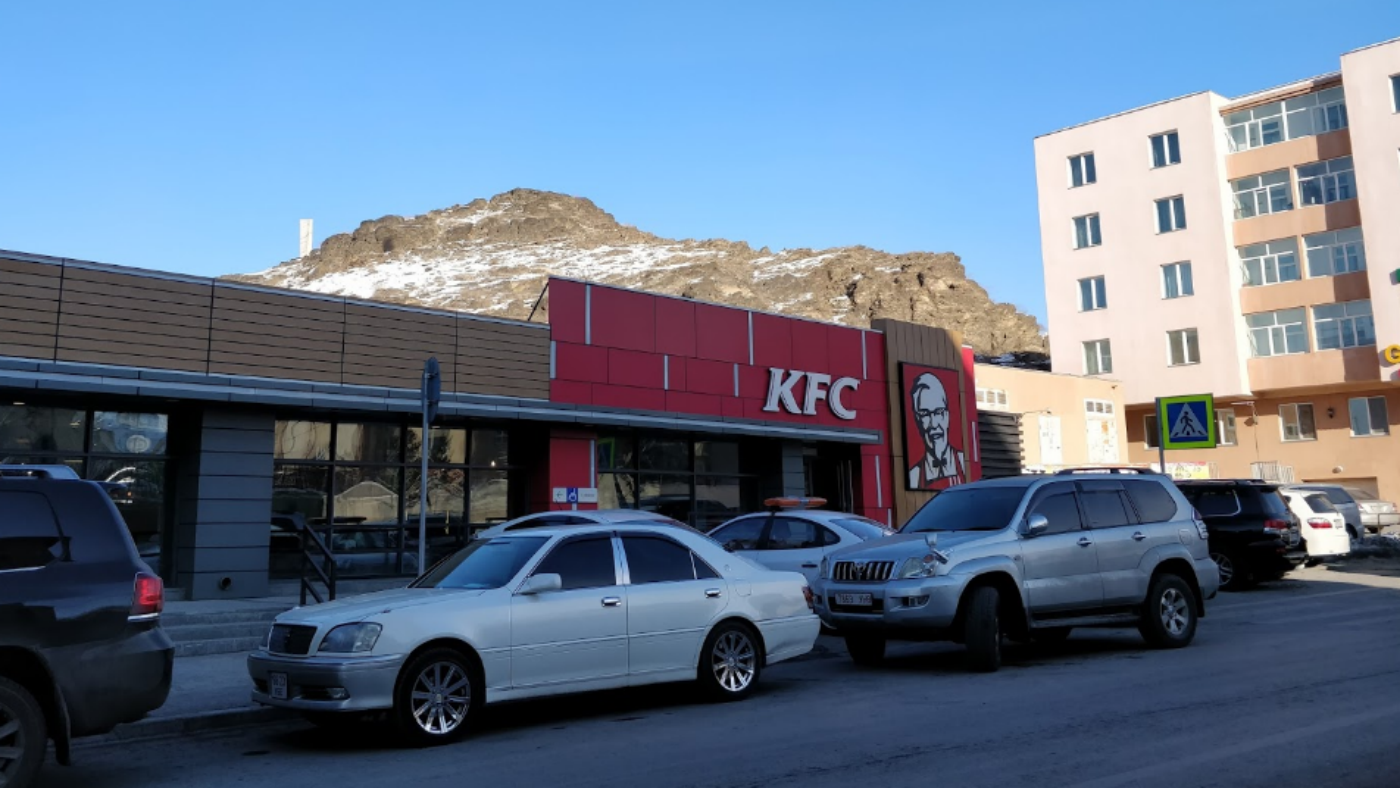Mongolia suspends KFC operations amid food poisoning fears
Hundreds fall sick following suspected hygiene breaches

A free daily email with the biggest news stories of the day – and the best features from TheWeek.com
You are now subscribed
Your newsletter sign-up was successful
Mongolia has suspended operations at all of the country’s KFC restaurants after an outlet in the capital was linked to hundreds of reports of suspected food poisoning.
Authorities from the country’s Metropolitan Professional Inspection Agency (MPIA) said the local licence holder of the KFC franchise in the Zaisan area of Ulaanbaatar was responsible for 247 cases of diarrhoea, vomiting and fever reported over the last month. More than 40 people have been hospitalised.
The ill diners, who included two KFC workers, suffered gastrointestinal diseases caused by the shigella bacteria, reports China’s Xinhua News Agency.
The Week
Escape your echo chamber. Get the facts behind the news, plus analysis from multiple perspectives.

Sign up for The Week's Free Newsletters
From our morning news briefing to a weekly Good News Newsletter, get the best of The Week delivered directly to your inbox.
From our morning news briefing to a weekly Good News Newsletter, get the best of The Week delivered directly to your inbox.
A preliminary inspection found “serious violations in health standards and a failure in internal hygiene controls” at the Zaisan branch, with lab tests later revealing a presence of bacteria in the drinking water and E. coli in fizzy drinks, reports Bloomberg.
Mongolia’s 11 KFC outlets, all of which are in the capital, will remain closed while a full inquiry is carried out.
A spokesperson for KFC Global told Reuters: “We deeply regret the negative impact that many people have suffered, especially to our guests of the Zaisan restaurant, and we are working to support our team members and customers during this difficult time.
“KFC Mongolia is cooperating fully with the government’s investigation and recommendations around addressing the source of the incident. This includes a thorough investigation of all KFC Mongolia restaurants, and specifically into determining the exact cause of the reported incident.”
A free daily email with the biggest news stories of the day – and the best features from TheWeek.com
-
 How the FCC’s ‘equal time’ rule works
How the FCC’s ‘equal time’ rule worksIn the Spotlight The law is at the heart of the Colbert-CBS conflict
-
 What is the endgame in the DHS shutdown?
What is the endgame in the DHS shutdown?Today’s Big Question Democrats want to rein in ICE’s immigration crackdown
-
 ‘Poor time management isn’t just an inconvenience’
‘Poor time management isn’t just an inconvenience’Instant Opinion Opinion, comment and editorials of the day
-
 Epstein files topple law CEO, roil UK government
Epstein files topple law CEO, roil UK governmentSpeed Read Peter Mandelson, Britain’s former ambassador to the US, is caught up in the scandal
-
 Iran and US prepare to meet after skirmishes
Iran and US prepare to meet after skirmishesSpeed Read The incident comes amid heightened tensions in the Middle East
-
 Israel retrieves final hostage’s body from Gaza
Israel retrieves final hostage’s body from GazaSpeed Read The 24-year-old police officer was killed during the initial Hamas attack
-
 China’s Xi targets top general in growing purge
China’s Xi targets top general in growing purgeSpeed Read Zhang Youxia is being investigated over ‘grave violations’ of the law
-
 Panama and Canada are negotiating over a crucial copper mine
Panama and Canada are negotiating over a crucial copper mineIn the Spotlight Panama is set to make a final decision on the mine this summer
-
 Why Greenland’s natural resources are nearly impossible to mine
Why Greenland’s natural resources are nearly impossible to mineThe Explainer The country’s natural landscape makes the task extremely difficult
-
 Iran cuts internet as protests escalate
Iran cuts internet as protests escalateSpeed Reada Government buildings across the country have been set on fire
-
 US nabs ‘shadow’ tanker claimed by Russia
US nabs ‘shadow’ tanker claimed by RussiaSpeed Read The ship was one of two vessels seized by the US military